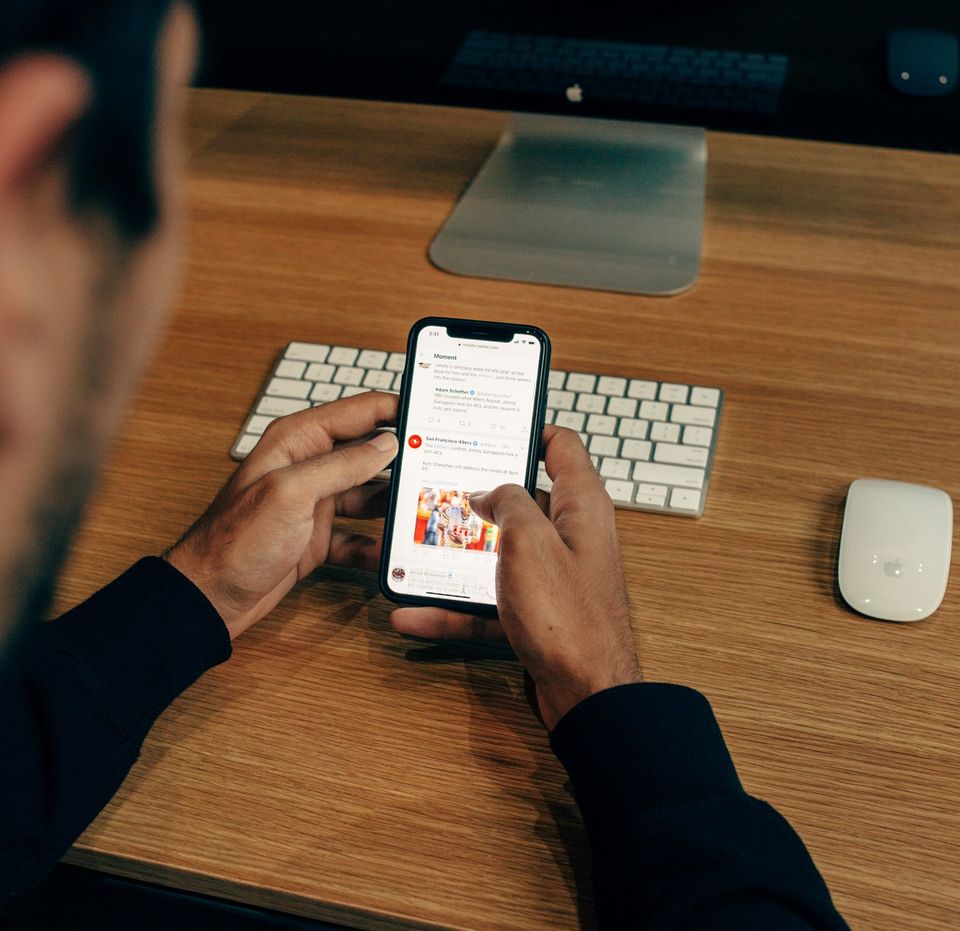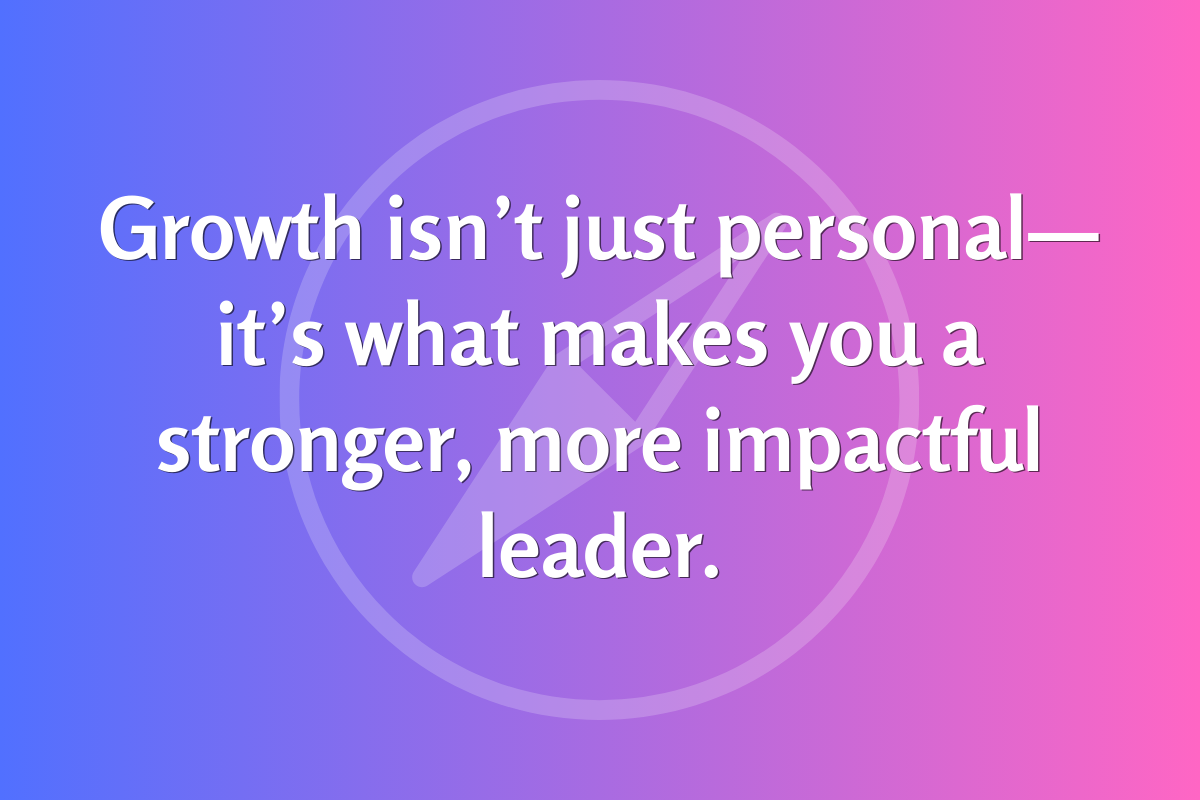5 Strategies to Make your Smartphone Work for You to Get Things Done Instead of Going Down the Rabbit Hole of Distraction

Your smartphone is one of the greatest technological inventions of all time — if you use it to your advantage.
In the palm of your hand, you can:
- Read books
- Watch videos
- Text, email, phone, or video conference with someone half-way across the world
- Use your GPS to get directions
- Write an article and upload it to Medium or WordPress
- Take movie-quality video that you can edit and publish to YouTube.
There is so much we can do with this tiny device we can slide into our back pocket.
With so many tools and apps for connectivity and productivity, why is it so easy to get lost down the rabbit hole of complete distraction?
The problem and the paradox of having so much power in one handheld device are that you become dependent on the phone for productivity but also for escape.
Is your smartphone a productivity tool if it also has apps that fuel distraction?
Let’s say you’ve got Facebook, Twitter, Tinder, Grindr, Instagram, LinkedIn, and Tic Tok on your smartphone as well as other work and productivity apps you use to get things done. When that ding sounds along with a notification pop-up telling you someone on Facebook liked your post, or someone clicked the hot button on your personals profile, what do you do? Like Pavlov’s dog, you open the app for that heady, dopamine hit that says, “Ohhhh somebody likes me!”
Congratulations — you’re a human being who only wants to be loved, accepted, and validated.
The secret to getting things done is not doing what’s most important or difficult first, it’s being able to minimize and control your distractions.
How to Take Control of Your Smartphone—Instead of Letting it Control You
Over the years, I’ve worked with numerous coaching clients who have struggled with being overly distracted by their phones and not getting things done, yet unable to manage how they use them.
Below are 5 simple strategies to make your phone work for you that have helped me and my clients enjoy more clarity and focus. I invite you to try them if you’re challenged by distractions or addicted to your phone. To minimize distractions, we need to eliminate or manage the source.
If you don’t manage your behaviours, you won’t be able to make choices that best serve your needs.
Strategy 1: Remove each app from your phone you don’t need, want, or can better use on your computer.
This is an environmental audit for your phone.
Just like spring cleaning when you go through every room in the house, looking at every app and ask, “Does this bring me joy?” Delete the apps you haven’t used in the last 6–12 months and keep those you require on your phone. Lastly, create a “Maybe” folder for the apps you need to give a second consideration and drag them in for a second pass.
Out of sight and out of mind is the operating principle for this strategy.
Strategy 2: For every social media and ‘maybe’ app, ask yourself, “Why do I require this app?”
If you could ask yourself only one question to determine what to do with the app, ask, “Does using this app make me feel happy and free?”
If you get a resounding, ‘No,’ delete it, and if it’s a social media app, consider deleting your profile as well. If you’re unsure, or if you’re considering what to do with a ‘maybe’ app (from Strategy 1), ask, “Will deleting this app disrupt my life, work, or negatively affect any of my relationships?”
Both questions help you get clear about what’s most important and if keeping the app serves your needs and values.
Strategy 3: Notifications are the biggest enemy of focus and sustained productivity.
DING! DING! You’ve got mail, BABY!
There is only one question to ask yourself about notifications. For every app which has any form of notification enabled (sound, vibration, or on-screen message), ask, “Do I truly need to be notified immediately?” In my experience, calendar notifications are the only ones I require because they remind me of client sessions, meetings, or critical events I have agreed to attend.
I promise you will experience greater calmness and freedom when you realize you only require one to three notifications out of your 30 or more apps on your phone.
Strategy 4: Use a timer to set a block of time to freely journey down the rabbit hole.
If you want to allow yourself some distraction time, grab an external timer (or a Pomodoro app on your phone) and set it for 10 to 20 minutes.
Then go nuts scrolling Facebook, Instagram, Grinder, or playing Wordle to your heart’s delight. When the timer goes off, get back to doing whatever is most important. You can even leave your phone in another room, or put it away to further solidify this state change from play/rest to work.
Distractions, when well managed, can be used as a form of rest and recovery.
Strategy 5: Turn off your phone or sounds and vibrations
The rabbit hole is still calling you!
Your smartphone was once just a simple phone with a ringer to let you know someone was trying to get your attention. But you might not need or want to answer the phone, like if you’re in a meeting, having sex, or at a meditation retreat. If you turn off the sound on your phone and still have it set to vibrate mode, how is that different? It’s still an audible (and tactile) notification working for your attention.
Turning off your phone or the sound for a short period of time is a conscious choice to allow yourself a period of focus, free from interruptions and distractions.
Give Yourself Permission to Fail
By trying any of these strategies, you are making habit and routine changes that are depriving you of previous and regular dopamine hits.
The more we get distracted, the less cognitive energy we have to make efficient, effective decisions.
Willpower is a limited resource that works like a muscle. If you go for a long run or do a strenuous workout, you need to give your body time (and nutrients) to rest and recover. Similarly, every choice you make requires using your mental muscle and depletes your brain of energy.
The more decisions you make in your day, including opening and closing apps and then attempting to return to what you were doing, the more you deplete your willpower.
Which of the 5 strategies can you act on immediately?
Pick one you think will give you the greatest improvement in focus, attention, and control over distractions?
Try it for the next seven days and journal your observations and feelings as a result of your choice.
What you might discover is how you can use these strategies in other areas of your life to enjoy more frequent peace of mind and happiness.
Photo by charlesdeluvio





Member discussion